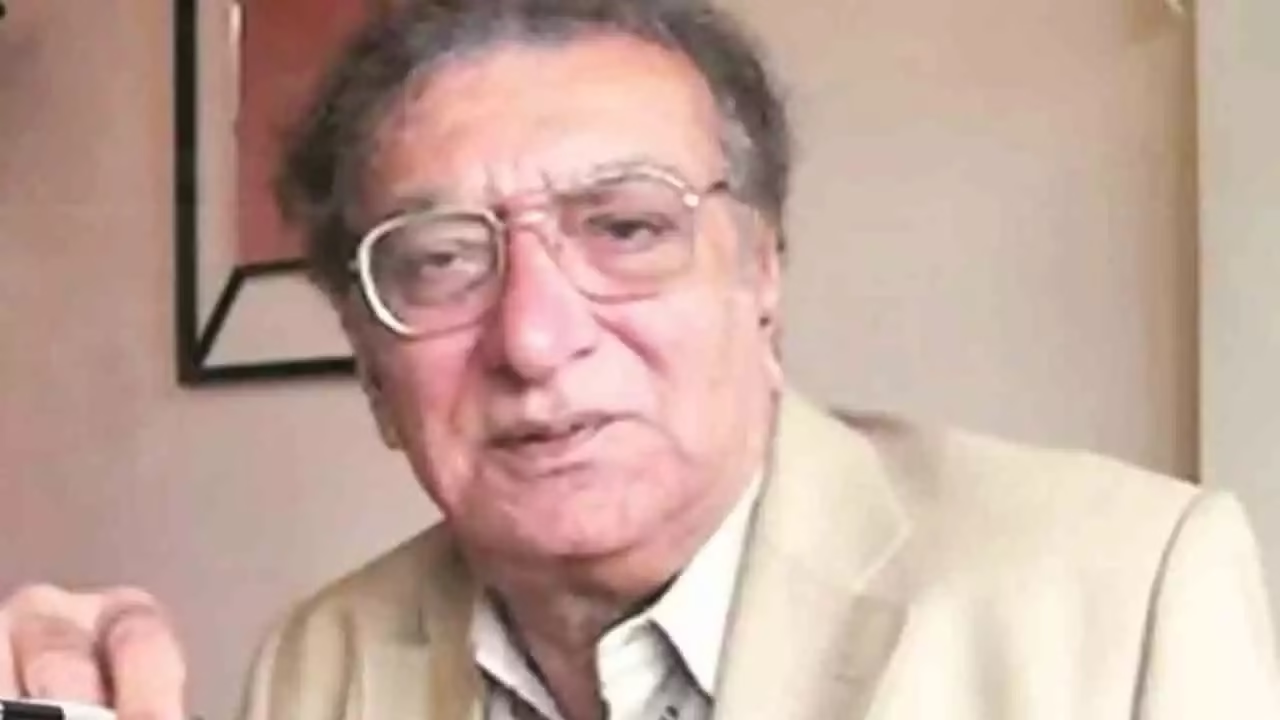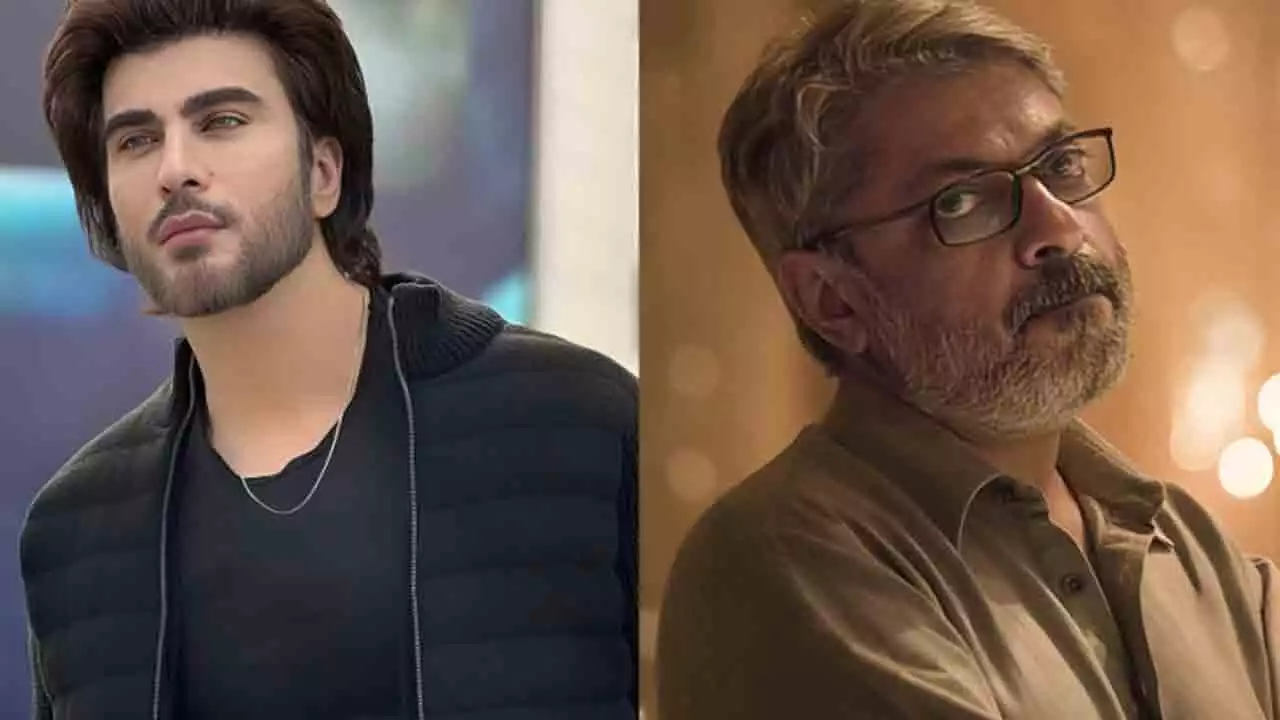Ahmed Faraz poetry holds a special place in the literary world, resonating with readers and listeners even decades after it was first penned. Known as one of the greatest modern Urdu poets, Ahmed Faraz blended romance, rebellion, and philosophy in a way that continues to inspire generations. His words gave soul to music, his verses became anthems of love and resistance, and his ghazals transformed into timeless melodies sung by legendary voices.
Early Life and Education of Ahmed Faraz
Ahmed Faraz was born in 1931 in Kohat, Pakistan, into a family where literary heritage ran deep. From an early age, he showed an affinity for language and poetry. Pursuing higher education, Faraz completed his Master’s degree in three languages—Urdu, Persian, and English. This strong academic foundation enriched his literary voice, allowing his poetry to carry a unique blend of cultural and linguistic depth.
His first poetry collection, Tanha Tanha, was published in the 1960s. It became an instant success, introducing the literary community to his distinct style—lyrical, thought-provoking, and deeply emotional. This marked the beginning of a remarkable journey that would last over six decades.
The Musical Impact of Ahmed Faraz Poetry
One of the reasons Ahmed Faraz poetry reached global audiences was its transformation into music. His verses were sung by legendary singers such as Mehdi Hassan and Madam Noor Jahan. These renditions elevated his ghazals, making them household favorites across South Asia. Mehdi Hassan, often called the King of Ghazals, immortalized many of Faraz’s verses, while Madam Noor Jahan’s soulful interpretations brought unparalleled emotion to his words.
Through these collaborations, Faraz’s poetry did not remain confined to books—it became part of cultural gatherings, radio programs, and stage performances, ensuring his voice reached every corner of society.
Themes in Ahmed Faraz Poetry
Faraz was often compared to Faiz Ahmed Faiz for his revolutionary tone, but his poetry also carried a unique romantic tenderness. His themes revolved around:
- Love and Longing: Expressions of romance, separation, and emotional intensity.
- Resistance and Rebellion: Bold verses critiquing political oppression and social injustice.
- Philosophical Reflections: Deep insights into human existence, morality, and freedom.
This versatility gave Ahmed Faraz poetry universal appeal, as readers could relate to both the softness of his ghazals and the strength of his rebellious voice.
Recognition and Awards
Over his six-decade-long career, Ahmed Faraz received numerous national and international honors. Among the most prestigious were:
- Hilal-e-Imtiaz
- Sitara-e-Imtiaz
- Hilal-e-Pakistan
- Nigar Awards
These awards not only recognized his literary genius but also highlighted the cultural significance of his work in shaping modern Urdu literature.
Famous Collections of Ahmed Faraz Poetry
Faraz’s body of work includes several poetry collections that remain classics. Some of his most celebrated works are:
- Tanha Tanha
- Janaan Janaan
- Khawab Gul Parishan
- Nabina Shahr Mein Aina
- Bewaaz Gali Kocho Mein
- Shab Khun
- Mere Khawab Riza Riza
- O Ishq Jaffa Peesha
Each of these collections explores a different facet of human emotion, weaving together beauty and pain in ways only Ahmed Faraz could.
The Legacy of Ahmed Faraz Poetry
Even after his passing on August 25, 2008, Ahmed Faraz poetry continues to inspire. His words are taught in literature courses, recited at mushairas (poetic symposiums), and shared widely on social media platforms. According to a 2023 report on Urdu literature readership in Pakistan, nearly 68% of readers still consider poets like Ahmed Faraz and Faiz Ahmed Faiz as their primary sources of literary inspiration.
This statistic underscores how Faraz’s poetry remains relevant today, appealing not just to older generations but also to youth discovering Urdu literature in the digital age.
Why Ahmed Faraz Poetry Still Feels Fresh
The timelessness of Ahmed Faraz poetry lies in his ability to capture subtle human emotions with clarity and power. Whether writing about the complexities of love or the struggles of society, his words continue to resonate. Modern singers and performers still adapt his ghazals, while readers continue to find comfort and strength in his verses.
Ahmed Faraz poetry is more than literature—it is an enduring voice of love, resistance, and humanity. From his early life in Kohat to his rise as one of the most celebrated poets of South Asia, his contributions remain unmatched. His collaborations with legendary singers turned his verses into everlasting songs, while his rebellious spirit made him a symbol of truth.
Even today, more than a decade after his death, Ahmed Faraz’s poetry stands as a bridge between tradition and modernity. His words remind us that while times may change, the essence of love, freedom, and expression remains eternal.



